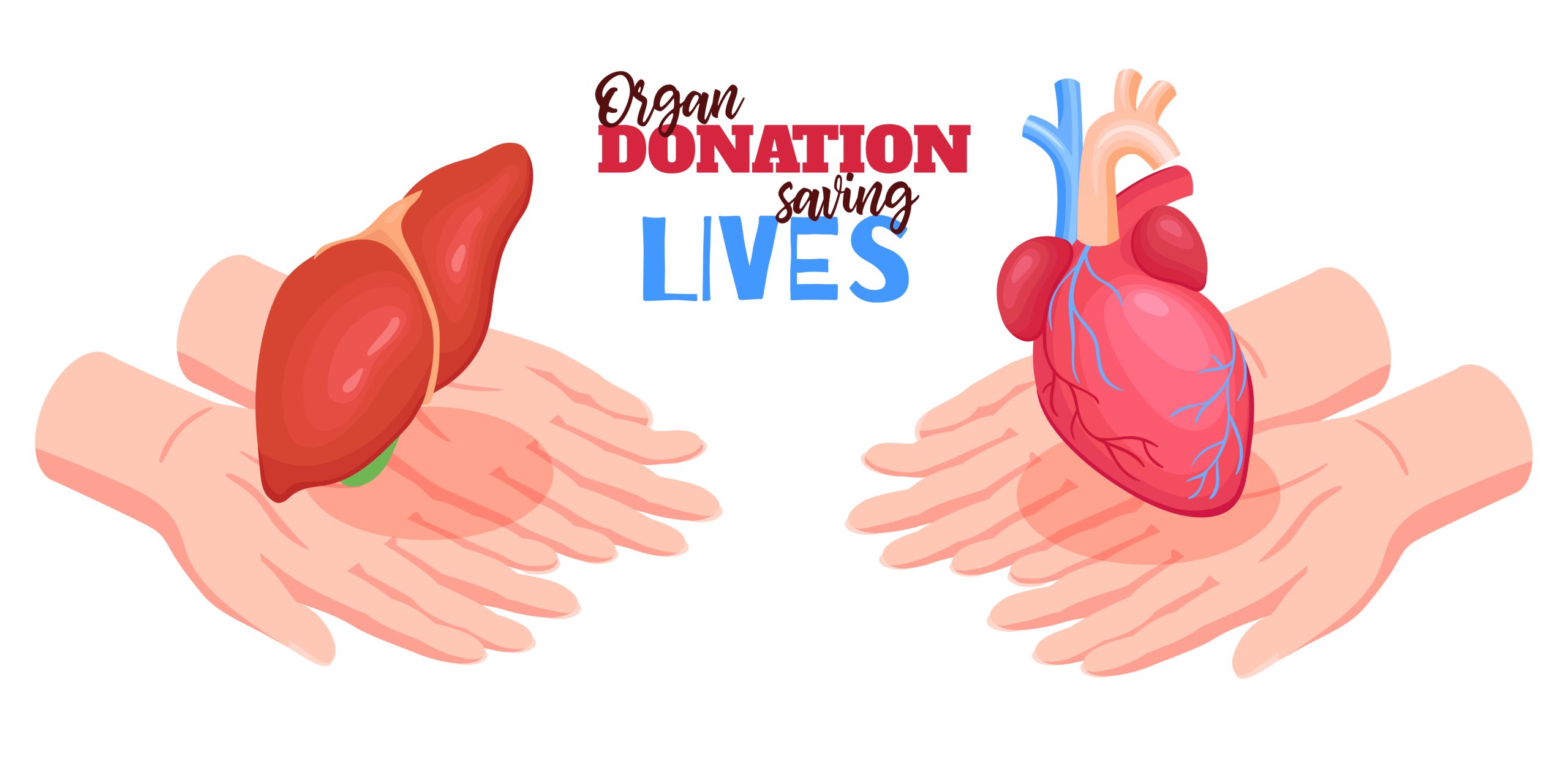Organ donation is a key part of modern healthcare. It involves taking organs or tissues from a donor and giving them to someone who needs them. This act is crucial for saving lives and making life better for those with serious illnesses.
According to the U.S. Department of Health and Human Services, over 106,000 people are waiting for an organ transplant. Sadly, about 17 people die every day because there aren’t enough organs. This shows how vital it is for more people to become donors and spread the word about organ donation.

Key Takeaways
- Organ donation saves countless lives every year.
- It significantly enhances the quality of life for transplant recipients.
- Raising awareness is essential to increasing donor registrations.
- Healthcare costs can be reduced through successful organ transplants.
- Every individual’s decision to donate can impact multiple lives.
Understanding Organ Donation
Organ donation is about giving organs and tissues to help others. It’s a way to save lives and improve health for those with severe illnesses. This act of kindness is truly remarkable.
What is Organ Donation?
Organ donation comes from both living and deceased donors. Living donors give organs while they are still alive, like a kidney or part of the liver. After someone has passed away, their organs can be donated too. This is called deceased donation.
These organs can then be transplanted into patients in need. It brings hope to those waiting for a transplant.
Types of Organ Donation
There are different kinds of organ donors. Let’s look at them:
- Living Donors: These are people who donate an organ while they are still alive.
- Deceased Donors: These are people who have passed away and donate their organs after death.
- Directed Donors: These donors choose a specific person to receive their organs.
- Undirected Donors: These donors don’t pick a specific person. Their organs go to the most urgent need.
How Organ Donation Works
The process starts when potential donors are found in hospitals. Doctors check if these donors can donate. If they can, a team works fast to take out the organs.
This team makes sure the organs are ready for transplant. Timing is very important for this.
| Type of Donation | Donor Status | Common Organs Donated |
|---|---|---|
| Living Donation | Alive | Kidney, Part of Liver |
| Deceased Donation | Deceased | Heart, Lungs, Kidneys, Liver |
| Directed Donors | Alive/Deceased | Varies by Individual |
| Undirected Donors | Alive/Deceased | Varies by Allocation Needs |
5 Reasons That Make Organ Donation Super Important
Organ donation has a huge impact on society. It helps not just the people who get organs but also communities and healthcare. Here are three key reasons why organ donation matters.
Saving Lives and Improving Health
Organ donation is key to saving lives and making people healthier. Many people face serious health issues that could be fixed with an organ transplant. After getting a transplant, patients often live better lives, doing things they love.
Sparking Conversation and Raising Awareness
Talking about organ donation helps clear up wrong ideas people have. Teaching the public about it makes more people understand and support it. When more people know about it, more sign up to be donors, which means more lives saved.
Reducing Healthcare Costs
Organ donation can save a lot of money in healthcare. Treating chronic illnesses costs a lot over time, but a transplant is often cheaper. This way, healthcare systems save money and help everyone.

Conclusion
Organ donation does more than help people get new organs; it changes lives and communities. By signing up to be an organ donor, you help improve health in your community. This act can save many lives and help others through research and medical breakthroughs.
As we finish this topic, think about how you can help promote organ donation. Learning about it and talking to others can make a big difference. Sharing your own story or experiences can motivate others to sign up to be donors.
Your choice to donate can change everything. It’s not just about saving lives; it’s about building a caring community. Let’s work together to make a positive change and inspire others to do the same.
FAQ
What is organ donation?
Organ donation means giving organs or tissues to someone who needs them because theirs failed. This can happen while the donor is alive or after they pass away.
What are the types of organ donors?
There are two main types of donors. Living donors give organs like a kidney while still alive. Deceased donors give organs after they have died, often after their brain stops working.
How does the organ donation process work?
First, potential donors are checked and given consent. Then, the organs are taken out for transplant. Finally, organs are matched with recipients who need them the most.
Why is organ donation important?
It’s vital because it saves lives and helps people with serious illnesses. Many people on the transplant list get sicker without a transplant. Getting a transplant can be a lifesaver.
How does organ donation reduce healthcare costs?
It cuts costs by offering transplants. This means less money spent on long-term treatments like dialysis for kidney failure. It helps patients and healthcare providers.
How can I register to be an organ donor?
You can sign up at your state’s DMV or online. It’s also key to tell your family about your decision.
What impact does organ donation have on community health?
It boosts health by giving more people a chance at life-saving transplants. It also betters health outcomes and spreads the word on organ donation’s value.
What can I do to raise awareness about organ donation?
Spread the word by talking to loved ones and joining local drives. Use social media to teach others why it matters.

